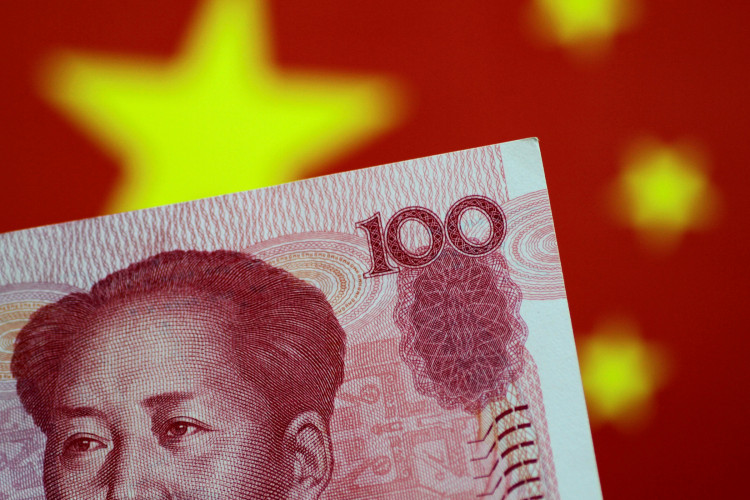As China gears up for its pivotal "Two Sessions" policy meetings, the global markets are on high alert for Beijing's strategy to rejuvenate the nation's faltering economy. Amid escalating economic challenges, including tightened consumer spending and the property sector's instability, the Chinese government has unveiled plans to stimulate investment and consumer spending through large-scale equipment upgrades and promoting the sale of consumer goods.
The cabinet, under the guidance of the recent Communist Party meeting, announced a concerted effort to replace outdated consumer products with newer models, aiming to inject vitality into the sluggish economy. This initiative mirrors past efforts, such as the 2009-2011 scheme that provided substantial subsidies to home appliance buyers, highlighting the government's commitment to fostering domestic consumption.
Analysts are closely monitoring the upcoming National People's Congress, where Premier Li Qiang is anticipated to set forth economic targets for 2024. With expectations hovering around a 5% GDP growth target, the specifics of China's economic policy and stimulus measures are under intense scrutiny. The government's approach to addressing deflationary pressures and spurring consumer demand will be critical in determining the trajectory of China's economic recovery.
In addition to consumer-focused strategies, Beijing is expected to unveil plans to invigorate the real estate sector, which has been a significant drag on economic growth. The language used to describe property market policies will be closely analyzed for indications of further policy relaxation. The phrase "housing are for living in, not for speculation" has historically signaled a stricter regulatory stance; its omission could suggest a more accommodative approach to real estate market challenges.
The fiscal budget will also be a focal point, with market observers keen to understand the extent of government support for the economy amidst rising local-government debt concerns. Speculation about the deficit target and the issuance of special bonds to support various initiatives will provide insights into Beijing's fiscal priorities and its balance between stimulating growth and managing debt levels.
Investors and analysts alike are weighing the potential implications of Beijing's policy announcements, with many advocating for a balanced investment strategy that accounts for the nuanced landscape of China's economic policy measures. The anticipation of bolder steps to stabilize growth and restore market confidence underscores the critical juncture at which China's economy stands.
As the "Two Sessions" commence, the world watches to see whether China's leadership can articulate a compelling vision to address the structural challenges facing the world's second-largest economy. The effectiveness of Beijing's policy measures in jumpstarting the key engines of economic growth-consumption and investment-will be pivotal in shaping China's economic prospects and, by extension, global economic dynamics.






